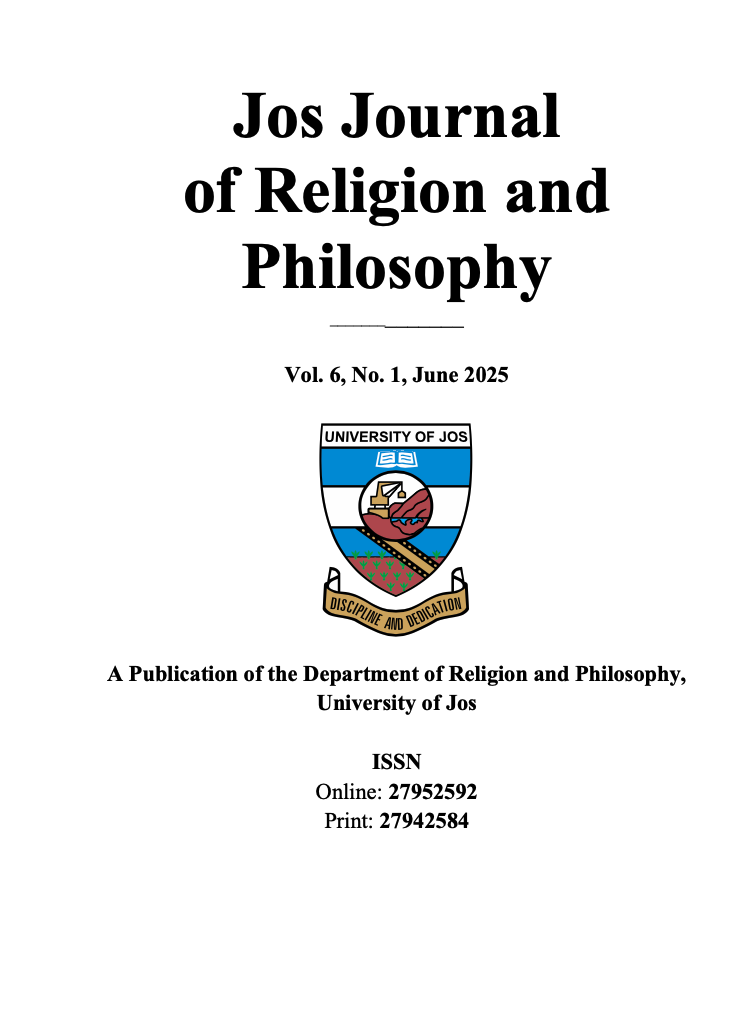A COMPARATIVE STUDY OF ESTHER IN THE BIBLE AND MATE SELECTION IN AFRICAN TRADITIONAL SOCIETIES: IMPLICATIONS FOR THE CHURCH IN AFRICA
Resumen
Marriage customs vary globally, but parental approval is often a key factor. Parallels exist between Esther's marriage and some African patriarchal systems involving male-led mate selection and bride price. This raises questions about the contemporary relevance, advantages, and disadvantages of such systems and the potential for integrating women's opinions. This study compares Esther's experience with African traditional mate selection, highlighting the role of male authority and its impact on female autonomy. Employing a historical method by examining the narrative of Esther in the Old Testament, this study comparatively analyses mate selection systems in selected African regions, including South Africa, Kenya, and the Igbo culture of Nigeria. It advises the African church to blend discouraging systems and anti-human values of patriarchy to value women's input and discourage discrimination. The paper critiques egalitarianism and complementarianism, advocating that ultimately, the church should prioritise salvation, human dignity, and service, while rejecting harmful patriarchal practices and championing a framework honouring everyone's autonomy and potential. The church should champion a framework that honours the agency of all individuals, ensuring that mate selection processes, whether incorporating traditional elements or modern perspectives, ultimately uphold the salvation, dignity, and opportunity for service of both men and women within the community of faith.


